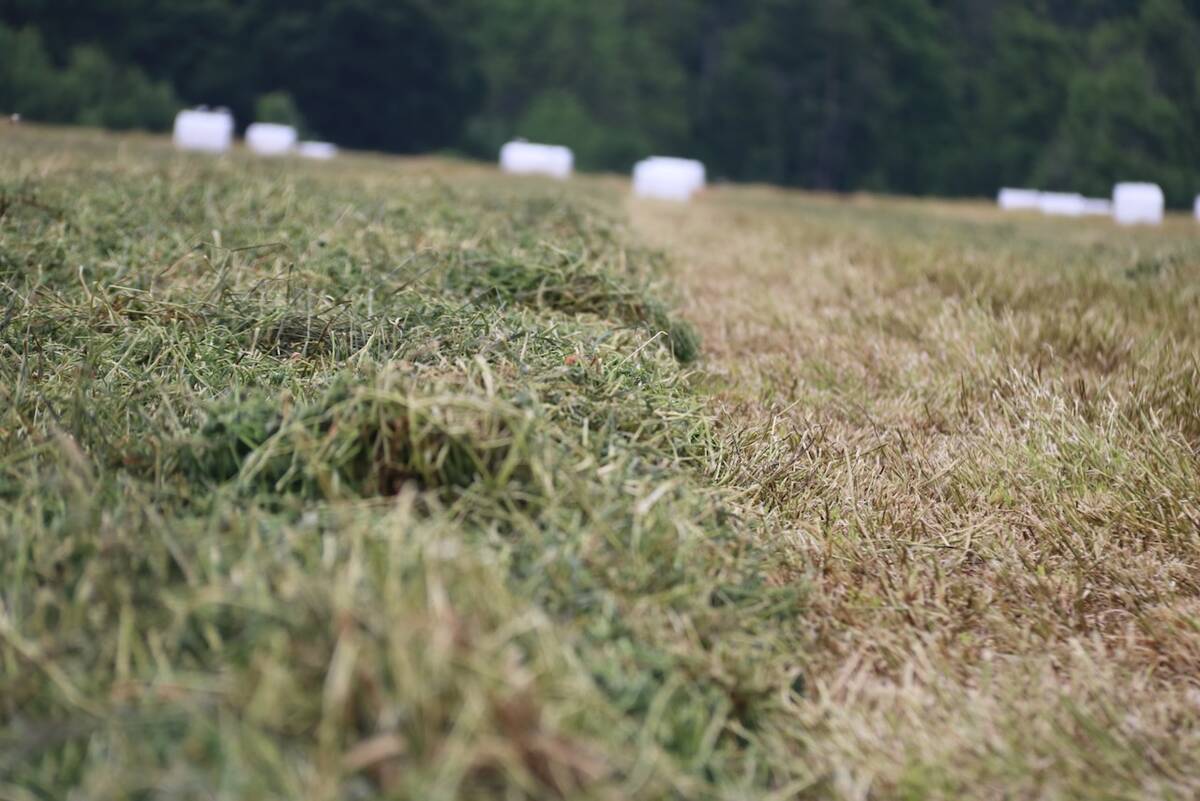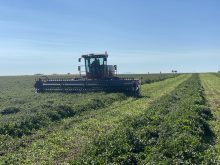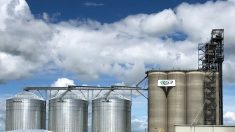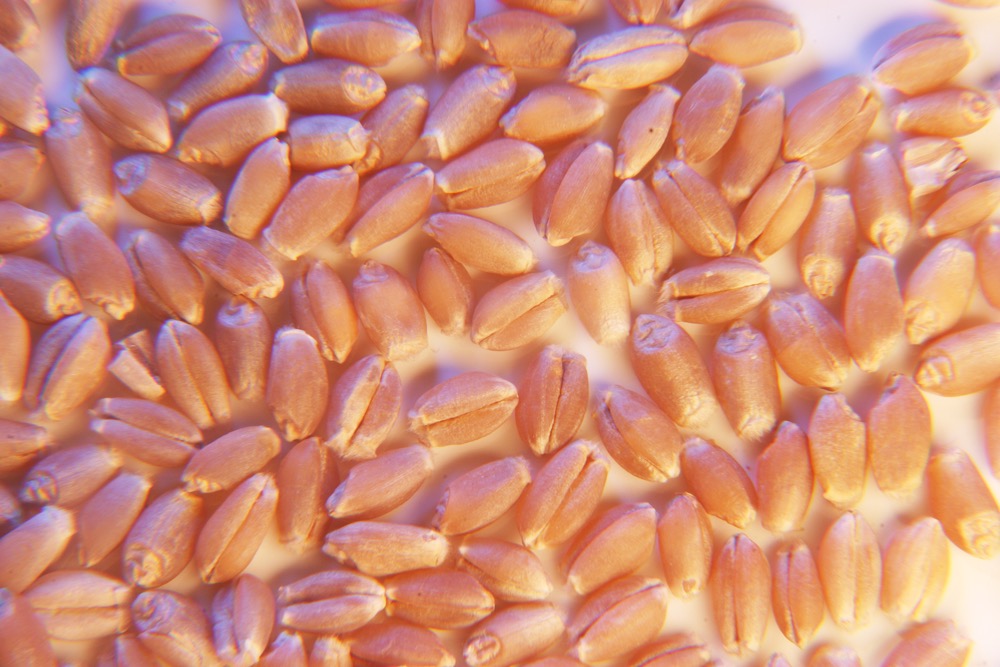On November 9, 2015 Legumex Walker shareholders voted overwhelmingly to accept The Scoular Company’s offer to buy its Special Crops Division for $94 million. The completion of the transaction is subject to regulatory approval and is expected to close by the end of November.
This marks the end of Legumex Walker’s journey as one of the largest special crops processors in Canada. Over the past four years, it has come to operate special crops processing facilities in the Canadian Prairies, the American Midwest, the U.S. Pacific Northwest, and China. It also owns 84 per cent of Pacific Coast Canola, “the largest commercial-scale canola oilseed processing facility west of the Rocky Mountains.” PCC is also on offer and with its sale, Legumex Walker will wind up operations.
Read Also

New high-performance forage training program to launch in 2026
A new Canadian Forage and Grasslands Asssociation high-performance forage program will be a resource for farmers, agronomists and others in the forage sector.
Legumex Walker took off in 2011 when it united several locally-owned special crop processors in Saskatchewan and Manitoba into a larger public company. It went on to purchase facilities in the American Midwest and in China while at the same time setting up Pacific Coast Canola, an entirely separate division, in Warden, Washington.
The outlook was optimistic: an international company with larger capacity could “play in the global marketplace” and create more opportunities for Canadian producers in a way that smaller companies couldn’t. Legumex Walker CEO Joel Horn and others emphasized the benefits of consolidation: lower shipping rates; access to wider markets; distribution of risk by working with a wider variety of crops and a larger growing area. Farmers and shareholders would both be better off.
But things seemed to go south, particularly with the newly-launched Pacific Coast Canola. The months-long railway delays in 2013 had a huge impact. So did low exchange rate, low prices for canola oil and other economic factors. Soon, a major creditor demanded repayment.
In March, 2015, a review was launched to come up with “strategic and financial alternatives” to maximize plummeting shareholder value. That review recommended the sale of the Special Crops Division. Though sales slumped in 2015, the SCD was still performing well. On September 14, 2015, Legumex Walker announced its intention to sell the division to The Scoular Company.
Over the past four years growers have jumped from dealing with a smaller, locally owned company to a larger, Canadian-owned company, and now to very large U.S.-owned company. Now what is in store?
Continuity
The Scoular Company’s chief operating officer Bob Ludington says that, despite the change in ownership, it’s business as usual. “The producers will deal with the same people; they’ll call the same phone numbers.” By buying the Special Crops Division, Ludington believes, “What we’re really getting are the people — the employees, the customers. The people are what make the business.” Over the past 60 days, teams from Scoular have visited the offices and the facilities in Saskatchewan and Manitoba and met with the approximately 330 employees.
For Ludington, a smooth transition means harnessing current employees’ skills, knowledge, and passion. He is glad that they will now have “a nice stable work environment.” With security comes possibility and optimisim: “They can build and grow with us. That is pretty empowering.”
Farmers can be reassured that all contracts on the books have integrity. “The only thing that will change is the name on the cheque.” And, Ludington says, farmers should know that it’s coming from “a stronger entity — a company that has been in agriculture for over 120 years.”
The Scoular Company was founded in Nebraska in 1892. Today, it is one of the largest private companies in the U.S., with yearly sales of $6 billion. It operates 90 facilities internationally, employing more than 850 people. Scoular in the “business of buying, selling, storing, and handling grain and ingredients as well as managing transportation and logistics worldwide.”
Scoular has been in Canada since the mid-1990s, quietly maintaining an office in Calgary and awaiting the right market opportunity. Expansion became possible with the dismantling of the Canadian Wheat Board. Ludington says, “We’ve been looking to get into specialty crops since about 2000.”
Scoular has a wide range of customers demanding products that Canadian farmers can supply, including peas, lentils, and flax. Scoular’s presence means wider market opportunities for Prairie producers and also more competition.
Ludington is optimistic about the growth of the special crops market. “We’ll look at introducing other specialty programs as our customers demand, for instance, growing specific varieties that have unique milling qualities.” Ludington sees growth opportunities in handling and processing.
Much of what the Scoular Company wants to achieve echoes Legumex Walker’s aspirations four years ago. Perhaps Legumex Walker laid the groundwork. And now we hope The Scoular Company is in a position to deliver.














